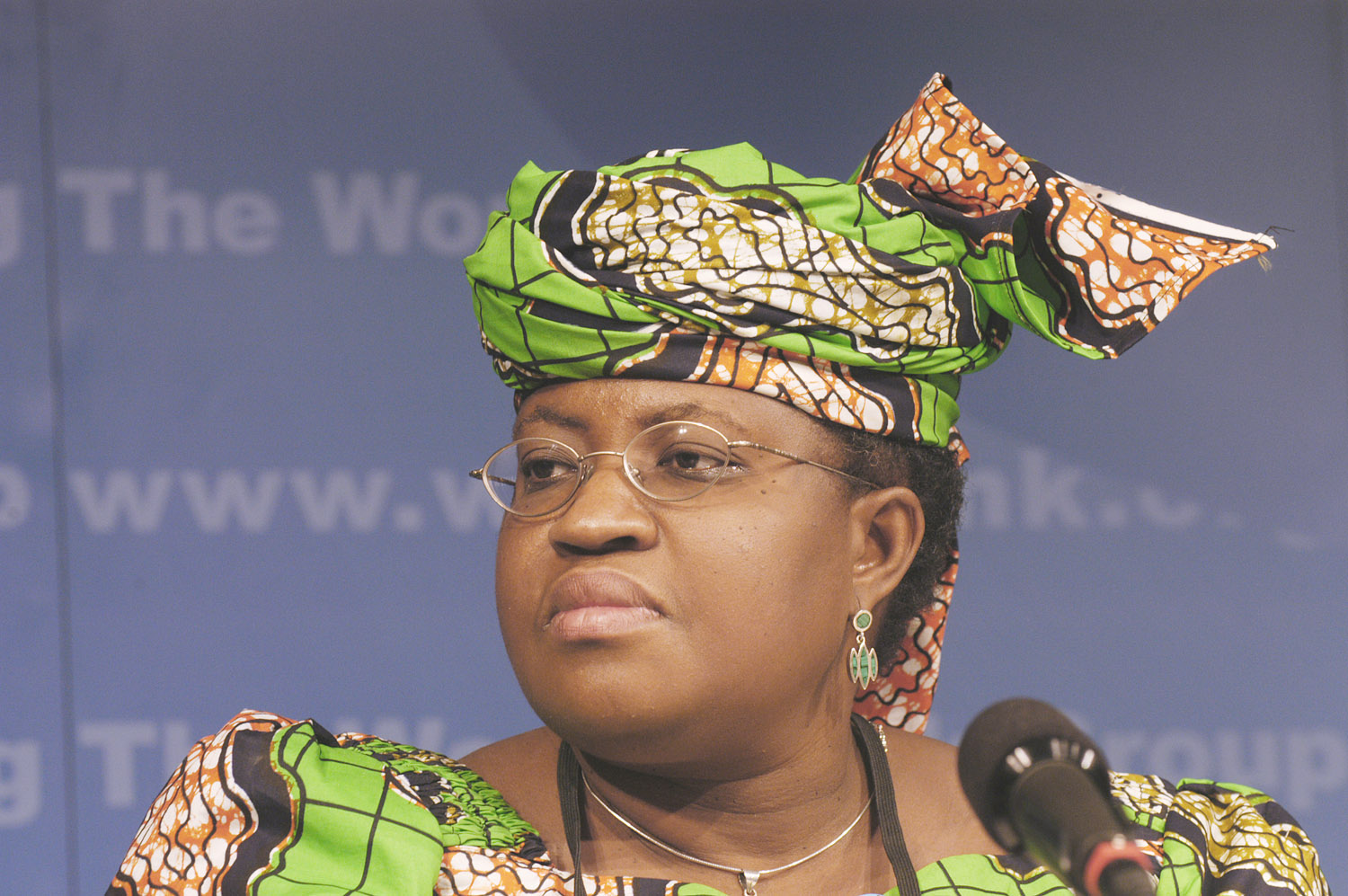A document obtained from the Budget Office of the Federation has revealed an enormous drop of 1.43 trillion in crude oil sales in the 2013 fiscal period.
The document which was consigned by the Minister of Finance, Dr Ngozi Okonjo-Iweala and the Director General of the BOF, Dr Bright Okogu stated that the crude oil total sales had dropped by 33.69% from N4.24 trillion recorded in 2o12 to N2.81 trillion.
Further reports also records a decline in gas sales from N225.22 billion and Brent of N180 million below their corresponding annual projections of N359.58 and N880 million by N104.46 billion and N700 million respectively making their respective fall 29.05% and 79.67%.
According to Dr Okogu, “The drop in the oil revenue is said to be as a result of pipeline vandalism, crude oil theft and illegal bunkering which went on continuously during the time period the decline was recorded.
It said, “The volume of oil lifted in the period also fell short of the 2.26 million barrels per day and 2.2mbpd recorded in the third quarter of 2013 and the fourth quarter of 2012 by 0.11mbpd and 0.05mbpd, respectively. The drop in the volume of oil lifted during the quarter could be ascribed to supply challenges following continued crude oil theft, illegal bunkering and pipeline vandalism that had persisted in the period,” the report stated.
However, it was reported that unlike crude oil lifting, the gross royalties (oil and gas) of N982.98bn, gas flared penalty of N3.19bn, petroleum profit tax of N2.73tn and other oil and gas revenue of N4.04bn exceeded their corresponding annual projections of N761.08bn, N2.48bn, N2.36tn and N3.07bn by N221.90bn, N0.71bn, N372.82bn and N0.97bn respectively thus making their respective rise 29.16%, 28.44%, 15.78% and 31.49%.
Report on the non oil sector put the aggregate non-oil receipts as of December 2013 at N2.21tn which it stated was depicted as a shortfall of N637.93bn (or 22.37 per cent) below the annual projected estimate of N2.85tn.
This performance showed that all the non-oil revenue items fell below their respective annual estimates.
It also stated that Value Added Tax(VAT) of N795.60bn, company income tax of N985.52bn and customs and excise duties of N432.64bn all fell below their annual projections of N945.28bn, N992.04bn and N792.95bn by N149.68bn, N6.52bn and N360.31bn respectively thus putting their respective fall at 15.83%,, 0.66% and 45.44%.
On the expectations of an improvement in these categories of revenue collection, it said, “In recent times, the government through the Budget Office of the Federation and the Federal Ministry of Finance has taken different measures aimed at improving non-oil revenue collection and payment to the treasury.
“The effects of these measures as well as the Budget Office’s regular engagement with the agencies have led to the continued growth in targets and actual revenues from the non-oil sector. This trend is expected to continue over the 2012 – 2015 period.
However, ” The Chairman, of the Forum of Commissioners, Federation Account Allocation Committee, Mr. Timothy Odaah, when speaking on the country’s revenue structure said there was a need to diversify the economy away from oil.
Mr. Odaah observed that the present economic realities have made it imperative to shift the revenue base away from oil since the current dependence on oil revenue was no longer sustainable.
“Talking about how the United States and China had announced a massive cut in their importation of crude oil from Nigeria, he said the cut in oil importation from those countries, which were some of the highest trading partners to Nigeria as well as the discovery of shale oil, should be a pointer to the government that oil revenue was seriously under threat.
“Our focus on oil is making our economic activities to be monolithic and it is like we are putting all of our eggs in one basket; and when there is a crack, it will affect all. So all states, especially now that we don’t have enough funds, should embark on projects that are revenue-yielding for the purpose of creating employment that will reduce the cases of this crisis that we have”, he added. “There is nobody who is gainfully employed that will like to get involved in Boko Haram activities. Employment is necessary but it cannot come if we don’t have income. We should transform the pattern of our industrialisation, pattern of our investments and that is the only way it will help.”







